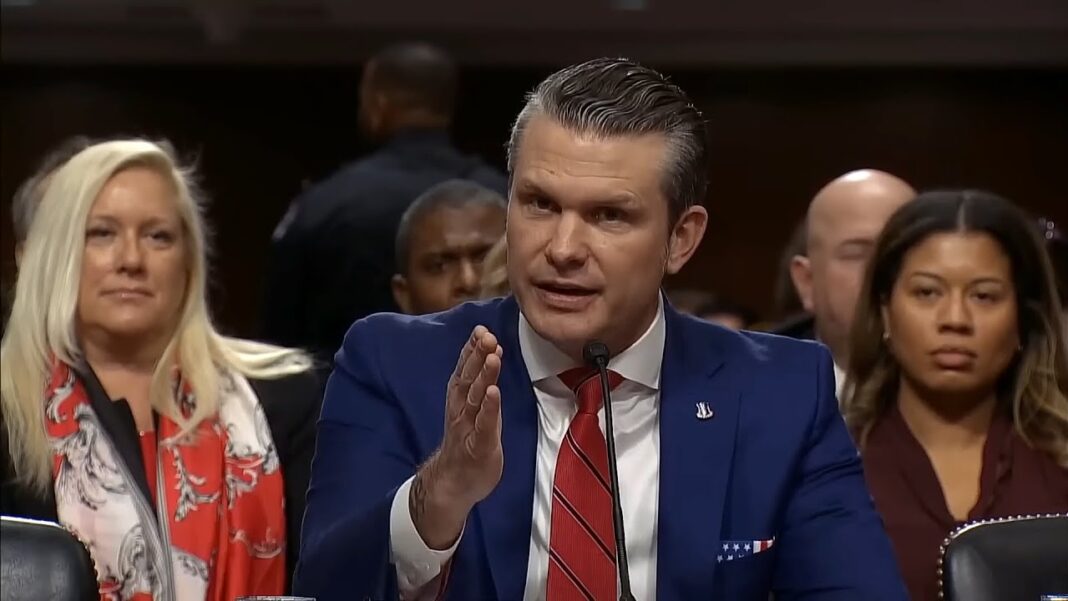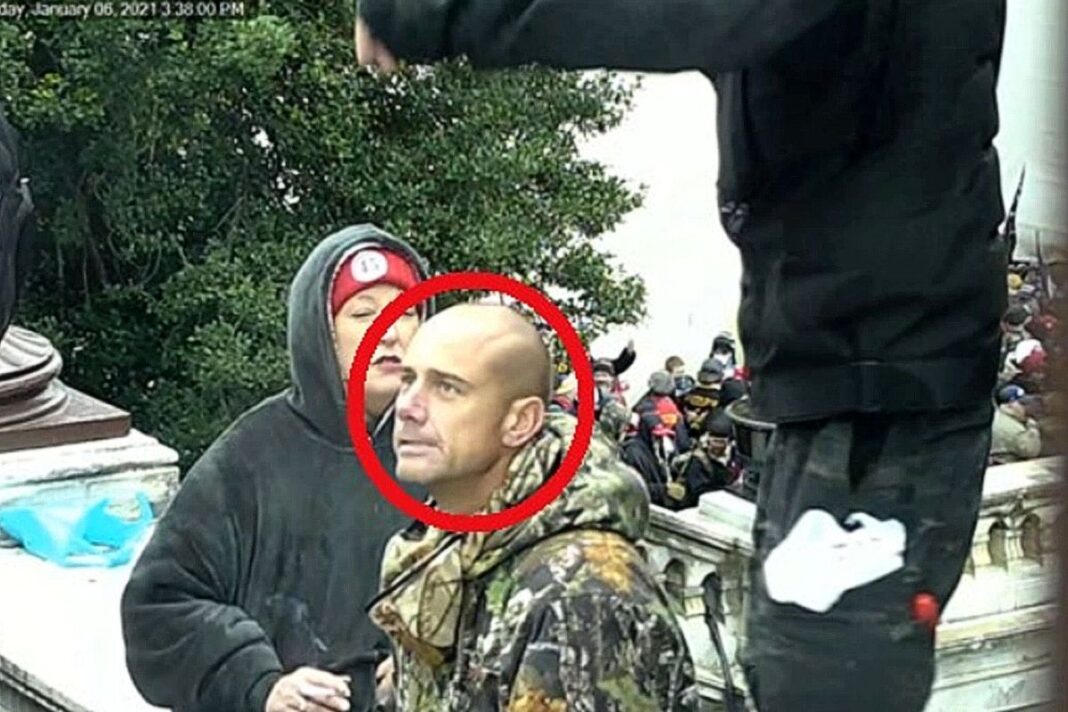The new secretary of state’s first official visit to Central America will include discussions on mass migration.
Secretary of State Marco Rubio is set to make his first trip abroad next week, which will include a stop in Panama amid rising tensions over President Donald Trump’s vow to take back the Panama Canal.
“China is operating the Panama Canal. And we didn’t give it to China. We gave it to Panama, and we’re taking it back,” Trump said during his inaugural speech.
Panamanian President José Raúl Mulino has denied that China is running the canal and stated it won’t be returned to the United States.
Tammy Bruce, department spokeswoman, said Rubio—a Florida Senator with Cuban roots—also planned to visit El Salvador, Guatemala, Costa Rica, and the Dominican Republic.
Bruce said the visit stemmed from Rubio’s interest in the region and his desire to strengthen ties with Central American countries, in particular to battle illegal immigration.
Rubio may have his work cut out during his visit to Panama as tensions over Trump’s comments have escalated.
During his confirmation hearing, Rubio characterized the Panamanian government as “very friendly to the United States and very cooperative.”
“We want that to continue,” he said.
One bright spot during the visit could include working with Panama to curtail mass migration.
Mulino campaigned on shutting down illegal immigration through Panama’s Darien Gap.
However, the focus on the Panama Canal could overshadow immigration talks.
Rubio noted during his hearing that Chinese companies controlling port facilities on both ends of the canal have been a concern for a decade.
During a 2017 trip to Panama, Rubio said he discussed China’s influence along the waterway, which is a choke point with military value. It’s a critical pathway for U.S. warships in both the Atlantic and Pacific.
Rubio said military and security officials in Panama said during his visit that Beijing could potentially use its commercial ports during a military conflict.
There are “no independent Chinese companies,” Rubio said. “They all exist because they’ve been identified as national champions. They’re supported by the Chinese government.”
The Chinese Communist Party (CCP) mandates that Chinese companies cooperate with state intelligence agencies.







